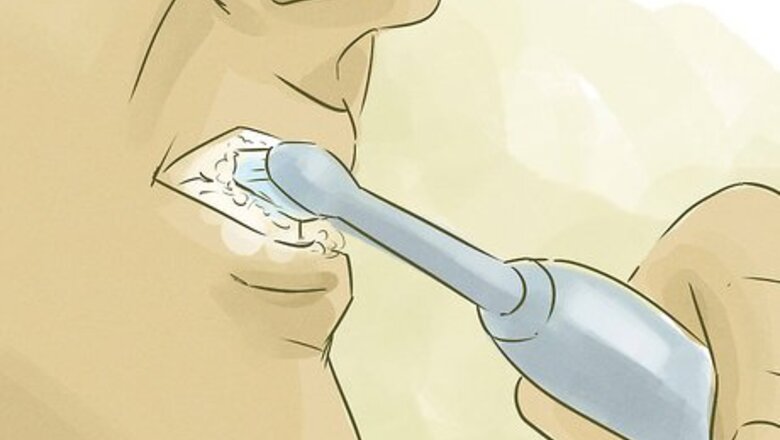
views
Maintaining Dental Hygiene
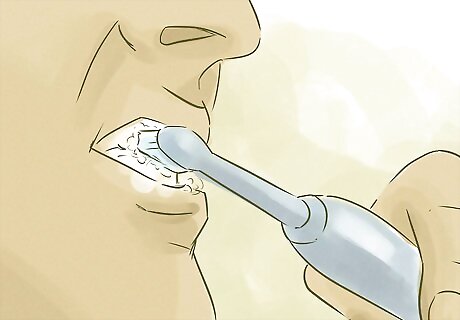
Brush your teeth twice a day. Even if you're in a hurry, brushing your teeth will remove bits of food, bacteria, and stains that can cause problems if left to fester. Try brushing once in the morning and once before you go to bed, and spend at least two minutes each time you brush. It will keep you fresh the whole day. If you are constantly on the go, have a travel toothbrush in your purse or briefcase so you can pop into the bathroom at work. Spend equal time brushing the front, back, and tops of your teeth, especially the molars.
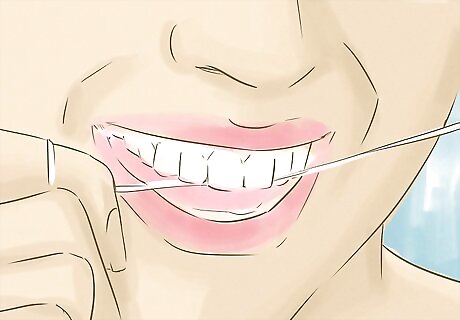
Floss at least once a day. Your dentist is not lying when they say this is one of the most overlooked hygiene regimens in the United States. Regular flossing cleans the parts of your teeth a brush can't reach and stimulates healthy gum growth. Brush from the gum onto the tooth in a stroke that's down and maybe just a slight bit of rolling your hand around but not across your teeth. Using a short piece of floss, get in between your teeth and along the gum line, using your fingers to add pressure. Talk to your orthodontist about ways to floss if you have braces, such as dental threads. Be sure to clean in between your back teeth too, using the floss around all sides of the molars. Mouthwash does not physically remove plaque and food and is not a substitute for flossing.
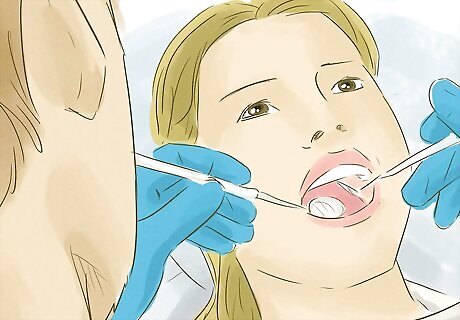
Schedule regular visits to the dentist. While going to the dentist every six months is not strictly necessary for healthy adults, children and those with dental issues should talk to their dentists about frequent checkups. Monitor your teeth, note any changes or worrisome pains, and get your teeth professionally cleaned at a minimum of once a year. Smokers, diabetics, and people with a history of cavities should see the dentist twice a year or more.
Taking Better Showers
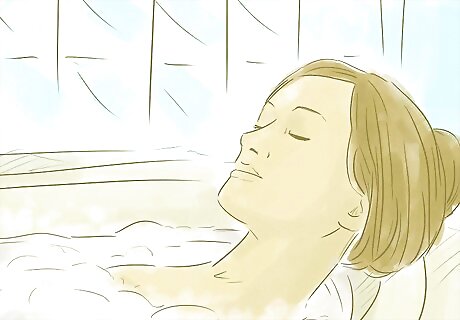
Bathe or shower at least every two days. Bathing removes the oils, dirt, dead skin bacteria that you accumulate every day and is essential to having good hygiene. Showering frequently is the most important hygienic habit you can develop for your hair and skin. If you don't have access to a shower, a cloth and some water will help remove dirt and irritants from your skin. Showering too frequently can be bad for your skin as well -- once a day is enough.

Take short, warm showers instead of long hot showers. Long showers don't only waste water and electricity, they can clog your pores and dry out your skin. The heat is also tough on your hair. A short shower is all you need and will promote healthy skin.
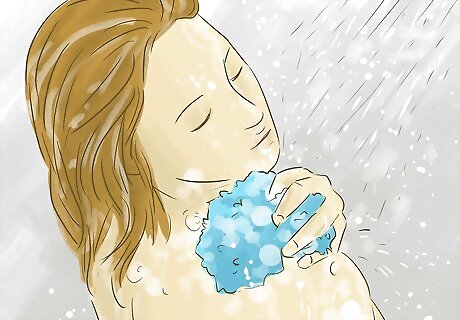
Scrub your body well. Using soap and a loofah, sponge, or washcloth, wash your entire body well to scrub off dirt and skin. This allows new skin to grow and prevents infections or excess bacteria. Be sure to wash the areas you don't immediately think of -- feet, butt, genitals, and back. Use deodorant or perfume after showers in the morning. Try blasting 10-20 seconds of cold water right before you get out of the shower to close your pores and prevent sweating when you get out.
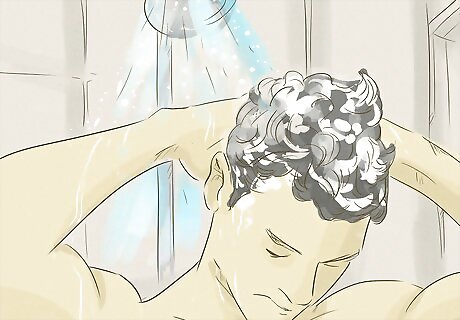
Do not shampoo every day unless you have very oily hair. Shampoo removes dirt and grime, but it also strips your hair of natural oils needed for clean, healthy hair. Many dermatologists believe it is actually healthier to shampoo every few days than daily. When you wash your head, be sure to scrub you scalp lightly with your fingers to remove dead skin cells. Always use conditioner after shampooing to return healthy oils back to your hair.
Keeping your Home Hygienic
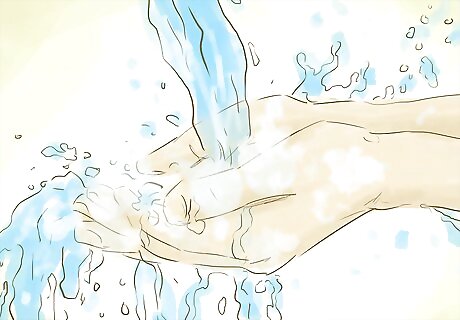
Wash your hands frequently. The majority of food borne diseases are caused by human contamination, and the number one culprits are dirty hands. Protect yourself and people around you by washing your hands for 20 seconds using soap and warm water after using the bathroom, going outside, or handling food. If possible, turn the faucet off with your elbow to prevent recontamination.
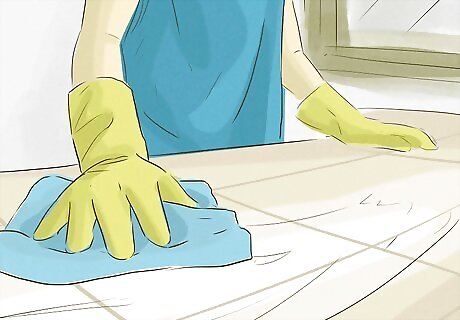
Wash and disinfect your home surfaces regularly. The kitchen and the bathroom build up bacteria quickly, so stay ahead of the game by regularly wiping down your counter-tops, sinks, and toilets whenever they get dirty. Don't leave crumbs or food around your kitchen overnight, as this attracts ants and germs. Use a disinfected spray in you bathroom and kitchen once every few weeks. Dry surfaces after cleaning them so that they don't grow mold. Don't forget to steam or disinfect your curtains and furniture at least once a year too.
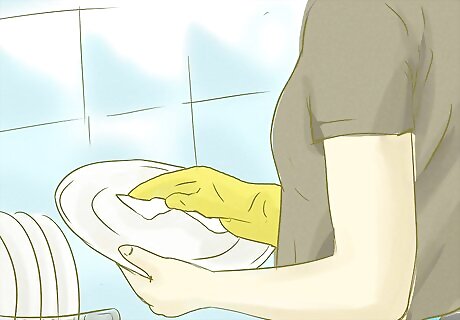
Keep food preparation areas clean and organized. Always use separate knives, cutting boards, and pans for raw meat, and wash dishes as soon as you can to prevent mold and germs. Designate certain utensils as "meat only" so that you don't get confused cooking.
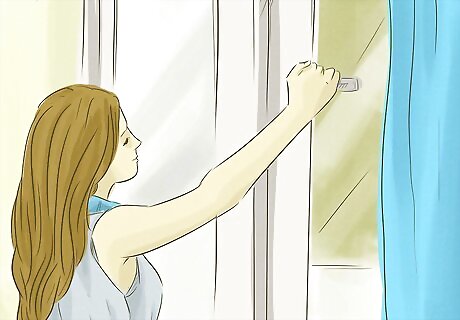
Open your windows when you can. Circulating fresh air around your house is good for your lungs and prevents bacteria from building up in the air. If you can't open your windows for long periods of time, like during the winter, use an aerosol spray with disinfectant if the house smell stale or moldy.
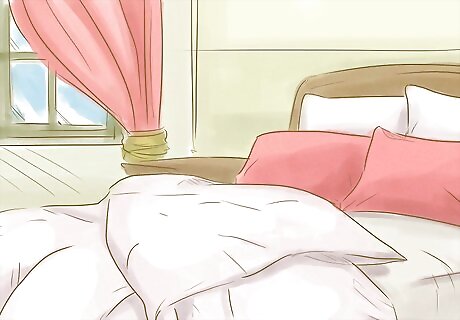
Wash your bedding every few weeks. Oil can build up on the sheets and cause acne and irritations. Dead skin cells, dirt from your feet and body, and bugs can also hang around in your sheets if you don't take the time to wash them. You shouldn't go more than two weeks without washing your sheets. Having spare sheets that you can use while washing the other set makes you likely to change your sheets regularly.
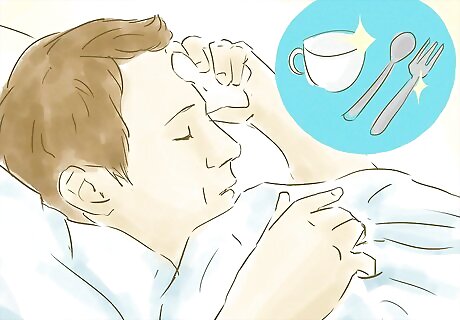
Contain sick family members and disinfect anything they use. When someone in your house is sick the rest of the family are far more likely to become ill if you do not take adequate precautions. Sick people should confine themselves to a small area of the house to prevent spreading germs and should have dedicated dishes, towels, and sinks that are disinfected regularly. Make sure any bandages or wounds are cleaned and dressed properly each day. Immediately disinfect common household surfaces like light switches, phones, and door knobs when someone becomes ill -- many disease take several days to manifest themselves, but the germs will be present before someone becomes sick.
Living Hygienically
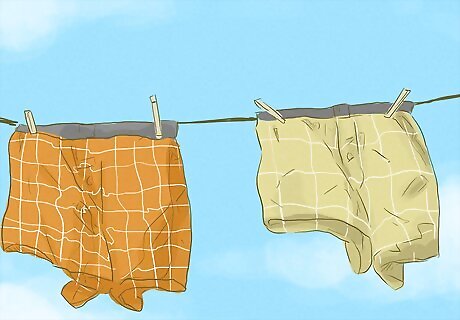
Always wear clean clothes and underwear. Dirty clothes breed bacteria and will be smelly and uncomfortable. Wash your clothes after you wear them and never put on sweaty or wet clothes. Tight clothes are more likely to get dirty and trap sweat. Remove tight or sweaty clothes soon after a workout to prevent build up. UV from the sun is a powerful disinfectant that kills many bugs and bacteria.

Drink enough water. Drink at least 8 glasses of water per day as it promotes a healthy immune system and is crucial to good hygiene. Drinking water helps keep your skin and mouth healthy, too. Bring your own waterbottle to work, but be sure to disinfect it regularly.
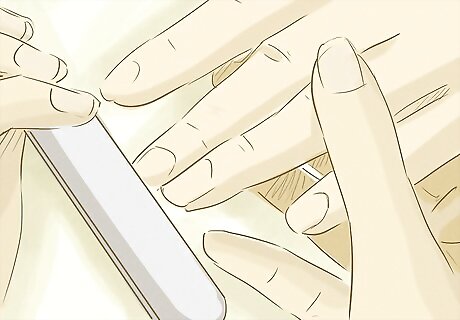
Keep your hands and nails clean. Clear the dirt in your nails and keep them short and tidy. Hangnails and cuts around your cuticles are major areas for infection and dirt buildup.
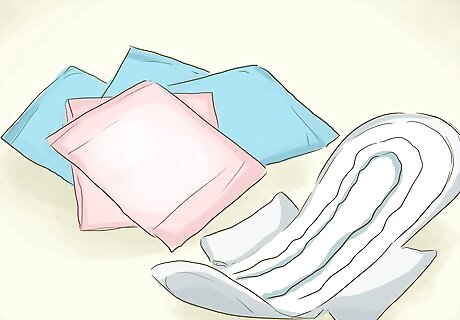
Have hygienic periods by changing tampons and wearing clean underwear. Menstruation itself is not un-hygienic, but you need to take care of yourself and keep your private parts clean to avoid infections or rashes. Be prepared with a spare pair of underwear and extra pads/tampons to prevent discomfort and stay clean during the day. Some women believe a menstrual cup is more comfortable and less hassle than tampons, and they may have health benefits.
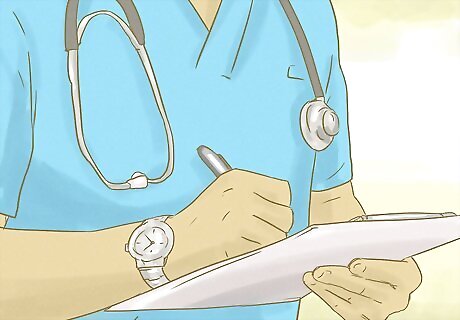
Get regular check-ups. See a doctor if you notice odd symptoms or unplanned changes in your hygiene. Being healthy is the best thing you can do to stay hygienic, so schedule regular doctor's visits ward of problems and get advice on you can stay happy, healthy, and clean. Be sure to ask your doctor for personalized advice if you are having trouble staying hygienic.















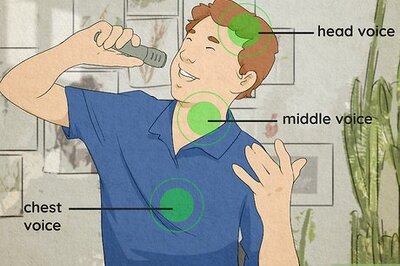

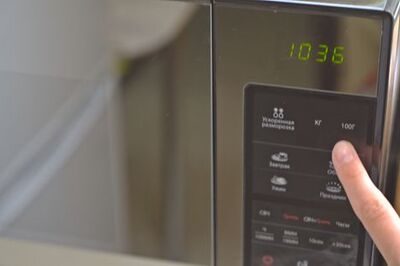


Comments
0 comment